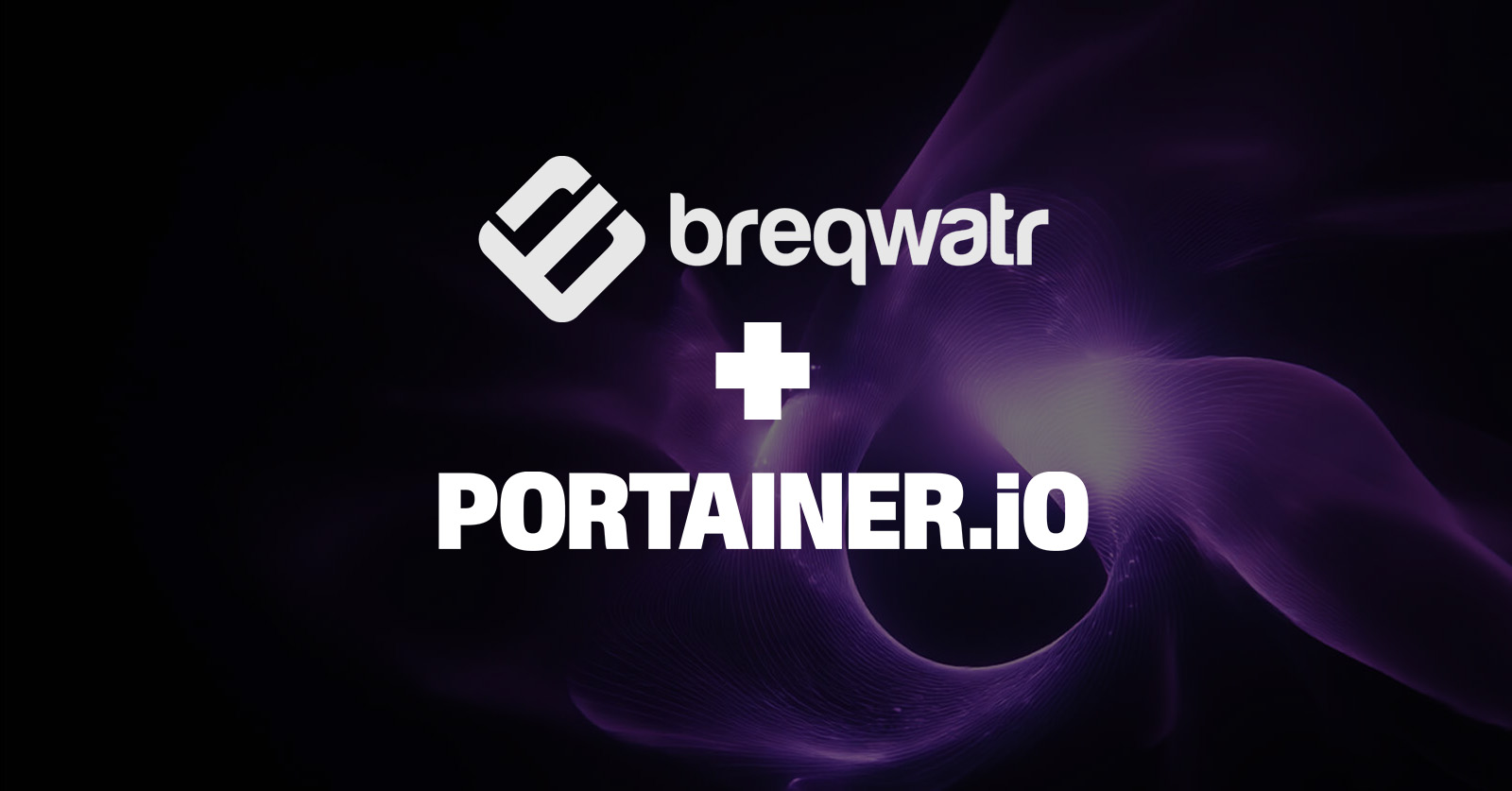Agility and efficiency aligned with organizational goals are key to success in the evolving software development landscape. Technologies like containerization streamline application development, improve scalability, and optimize resource utilization. However, effective adoption requires more than just technology—it demands a structured approach to managing and presenting the services they enable. This is where platform engineering and dedicated platform engineering teams come into play, providing significant value to organizations by making powerful technology platforms as accessible and user-friendly as vending machines.
What is Platform Engineering?
Platform engineering focuses on designing, building, and maintaining the foundational infrastructure and tools that support software development, deployment, and operations. A platform engineering team creates and manages the internal platforms that users—ranging from developers to IT operations and even non-technical teams—depend upon to deploy, test, and manage their applications. These platforms typically include infrastructure or cloud services, container orchestration systems like Kubernetes, continuous integration/continuous deployment (CI/CD) pipelines, monitoring and logging tools, and other advanced tools.
Done well, platform engineering identifies user needs, configures and combines the components, and, most importantly, abstracts the complexity of underlying systems away from the user. This allows a wide range of users to focus on their objectives rather than managing infrastructure or related tooling. By providing a stable, reliable, automated, and scalable platform, platform engineers enable faster deployment cycles, reduce operational overhead, and improve overall system resilience.
The vending machine metaphor helps understand the benefits and roles within organizations that transition from a project focus to a platform focus.
The Value of Platforms and the Platform Engineering Team
A platform engineering team provides the backbone of an organization’s technology infrastructure. Their work is central to success and will deliver significant value to a broad range of users:
Standardization and consistency for all users

Consistency is a significant challenge in organizations where multiple teams might work on different projects using various technologies. A platform establishes and enforces best practices across the organization, ensuring that custom-built or commercial off-the-shelf (COTS) applications are deployed consistently, minimizing the risk of errors and incompatibilities. This consistency is like the vending machine that delivers the same product quality every time, regardless of who the user is.
Efficiency and productivity across the board
A well-designed platform enhances efficiency and productivity for all users. While developers are traditionally seen as the primary users of the platform, in fact, typical users might include application owners, IT Ops Teams, testers, application admin teams, and even line of business IT owners. For example, IT teams tasked with deploying COTS software can benefit greatly from the automation and self-service capabilities of the platform. Rather than manually configuring environments and managing infrastructure, these teams can use the platform’s self-service tools to deploy and manage software with minimal intervention quickly and efficiently. The vending machine allows customers to select and receive their favorite snacks instantly, consistently, and without any complicated steps. The platform ensures a streamlined process that enhances productivity and accelerates delivery timelines.
Scalability and reliability for diverse use cases
A well-engineered platform will scale seamlessly to meet the needs of all users. Whether scaling out custom microservices for testing, managing surges in ap demand, or supporting large-scale software deployments, the platform is built to flexibly and cost-effectively handle increased demands without compromising performance. This scalability is also like the vending machine. It’s always stocked and operational, even during peak times. Regular restocking and maintenance occur behind the scenes, ensuring it can serve customers without interruption. In the same way, platform engineers must ensure that the infrastructure is always ready to meet the demands of users across the organization.
Security and compliance for every application
Security is a critical concern in any organization, and a central platform enables platform engineering teams to centralize and safeguard all types of software deployments and general IT interactions. They implement security best practices across the platform, ensuring that both custom and commercial applications are isolated and secure in all phases of their respective life cycles. Platform engineering teams automate security checks and audits, ensuring that applications comply with the organization’s security policies and industry regulations. This is like the vending machine that only dispenses items after verifying user credentials, ensuring only authorized individuals can access its contents. By embedding security into the platform, platform engineers protect the organization from potential vulnerabilities, regardless of the deployed software.
The platform, self-service portals, and automation for all users
Self-service portals are essential for creating a vending machine-like experience, providing users with a consistent, multifunction, user-friendly interface. Through these portals, users can request resources, take actions such as deploying applications, and perform other tasks without needing to interact directly with the underlying platform components.
Combined with automation, every action performed through the self-service portal becomes consistent and reliable. This setup is invaluable for all IT users as it eliminates the need for deep technical expertise in containerization, orchestration, API integration, or any core platform functions, allowing them to focus on their primary responsibilities and critical objectives. Platform engineers continually modify the platform based on user feedback to provide users with a simplified interface that hides the underlying details.
For example, IT teams deploying commercial software will not need to understand the intricacies of Kubernetes. Instead, they can use pre-configured templates, or even a simple button provided by the platform engineering team, much like a vending machine that simplifies the selection process by prominently displaying popular choices.
Resource optimization for a variety of needs

Platform engineers also play a crucial role in optimizing resource use and tailoring the platform to meet the specific needs of different users. By monitoring the platform’s performance and usage patterns, they can implement autoscaling policies, optimize storage configurations, and even introduce new cost-based capabilities, ensuring efficient resource utilization with transparent cost information.
This careful management is like the vending machine owner who monitors sales and stocking levels to ensure that the most popular items are always available while minimizing waste by not overstocking less popular products. Whether supporting the high demands of a large-scale enterprise software deployment or the variable needs of custom applications, platform engineers ensure that resources are allocated appropriately, maximizing value for the organization.
Conclusion
In today’s diverse and fast-paced software environment, the role of the core platform and the related platform engineering team is more critical than ever. By simplifying the consumption of IT resources and providing a robust, reliable foundation for all types of software deployments, platform engineering teams enable organizations to innovate quickly and effectively. Just like a well-stocked vending machine, a well-engineered platform is a key ingredient in driving success across the organization.





